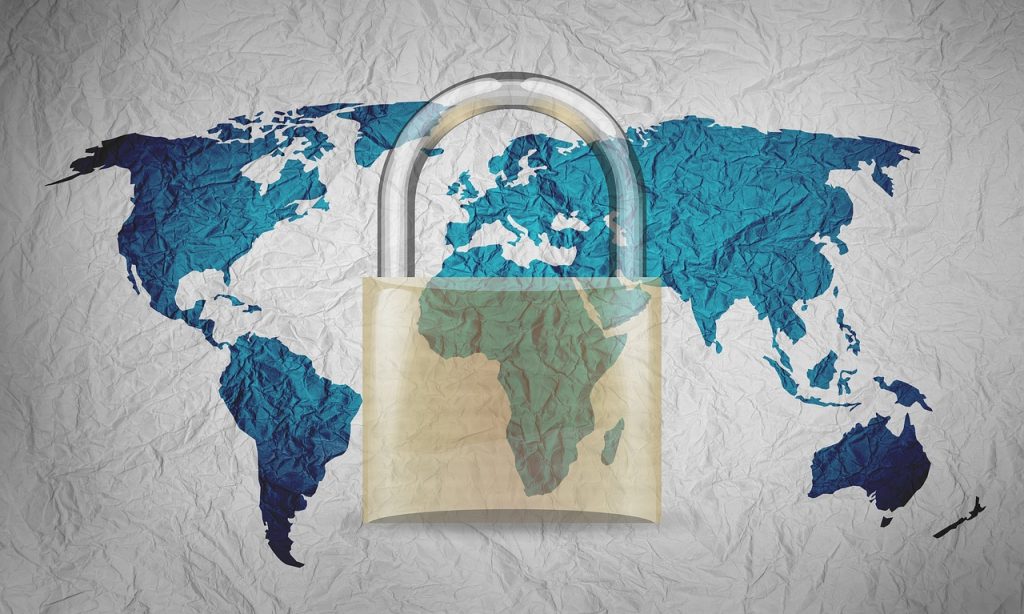Over the last couple of years, the number of threats that websites are facing is increasing. Hackers are becoming more skilled and so are the tools and techniques they use. If you are a website owner, your obligation is to always stay one step ahead of them and ensure that your site is safe for anyone who uses it. This is especially important if you collect personal information or provide e-commerce services.
Here are some of our favorite techniques, tips, and tricks that you should make sure to incorporate on your website. It will protect both you and your visitors and help you maintain the reputation of a safe online location.
-
HTTPS Instead of HTTP
HTTP stands for Hypertext Transfer Protocol, whereas the additional “S” in HTTPS means that it uses a secure connection. Websites that collect information and offer paid services must use HTTPS. This is a great thing to have even for other sites that don’t deal with financial transactions per se. A great example is states-lotteries.com which features the Michigan lottery promo, which does a lot to protect its users, including using a secure HTTPS protocol.
Basically, HTTPS means that all the information exchanged between your website and the server is coded using SSL encryption. Therefore, any third-party that intercepts the communication will not be able to read the info and use it for fraudulent actions.

-
Regularly Update Your Software
Most businesses out there use popular software to create and manage their sites. The most popular ones include Drupal, Magento, WordPress, OS Commerce, Joomla, and so on. These pieces of software make building a website very easy and ensure the safety of it.
However, you need to make sure to regularly update the software in order for it to be able to continuously protect you. Updates usually contain the most recent safety patches which are designed to battle the newest and most sophisticated threats. That is why they are crucially important.
-
Use Strong Passwords
It goes without saying that all the passwords you use for your website should be complex, unique, and strong. Make passwords that are at least 15 characters long and contain both small and capitalized letters, as well as numbers and special characters. Only passwords like these offer enough security online.
Moreover, make sure not to use the same password for multiple accounts. If hackers figure out your password on one account, they will immediately try it out on all other accounts that they can link back to you.
-
Monitor the File Changes
Attackers usually take advantage of your websites by making small but important changes to your files. These changes can often go unnoticed for a long time and allow the attackers a way into the information you collect.
There are numerous pieces of software you can use to make sure something like that does not happen to you. They track the changes in your files and alert you when an unauthorized change has been made, so that you can take proper action.
-
Manage Your Users
It’s not uncommon for websites to have multiple users taking care of things. Having multiple logins makes managing a website a lot easier, but also increases the potential threat. If multiple users have access to your website, you should make sure to always know who they are and how many of them are there.
Also, make sure to give appropriate permissions to each of them, so you could limit the possibility of misuse. Whenever a particular user is no longer needed, make sure to delete their account. If their role within the establishment changes, make sure to change their permissions as well.
